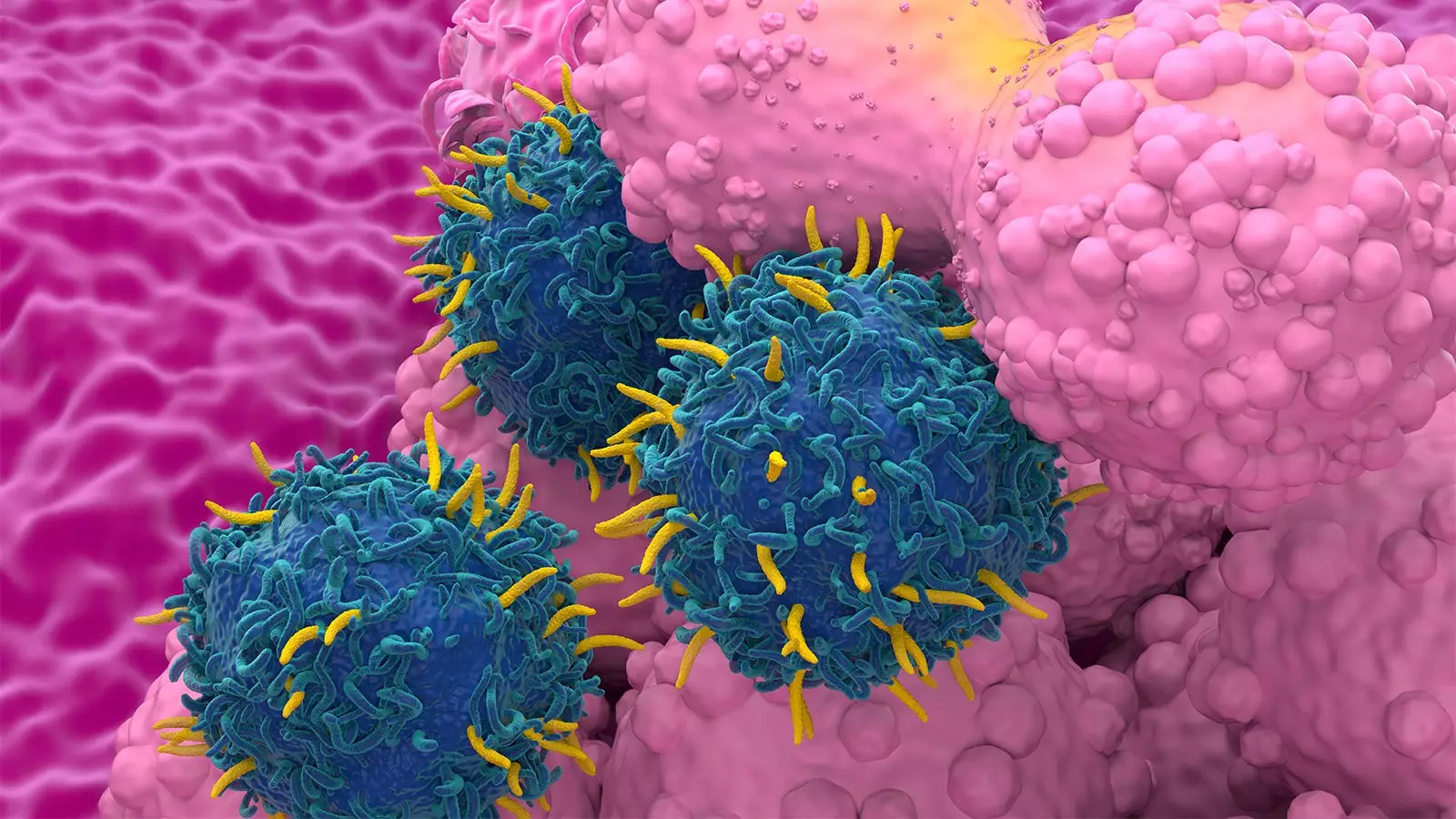Recent research has indicated that CAR T-cell therapy does not pose a higher risk of second primary malignancies (SPM) compared to other standard-of-care cancer therapies. In a systematic literature review and meta-analysis, a total of 5,517 patients were examined, showing a 5.8% rate of SPM with a median follow-up of 21.7 months. Interestingly, the study found no significant variation in the SPM rate based on the type of disease treated or the specific CAR T-cell product utilized. The factors associated with a higher SPM rate included the study setting (clinical trial vs real-world experience), longer follow-up duration, and the number of prior therapies received before CAR T-cell treatment. A comparative analysis with standard therapies also demonstrated similar rates of SPM, suggesting that CAR T-cell therapy is not inherently linked to an increased risk of secondary malignancies.
The issue of SPMs in CAR T-cell therapy gained attention following reports of secondary T-cell malignancies among recipients. The FDA initiated an investigation in response to these reports, leading to the inclusion of a black-box warning on labeling for all approved CAR T-cell products. However, concerns have been raised regarding potential biases in the adverse-event data used to support these warnings. Researchers emphasize the importance of considering various confounders such as patient age, follow-up duration, specific CAR T therapy received, initial diagnosis, and prior treatments in assessing the true risk of SPM in CAR T-cell therapy. It is essential to interpret the data cautiously and provide context to patients seeking clarity on the potential risks associated with this treatment modality.
Need for Long-Term Data and Understanding
The study underscores the necessity for more extended follow-up data to gain a better understanding of the factors contributing to SPMs in CAR T-cell therapy. While various types of malignancies were observed among patients, T-cell malignancies, which are particularly relevant to CAR T-cell therapies, represented a small proportion of the cases. Factors unrelated to the therapy, such as longer follow-up duration, previous treatments, and participation in clinical trials, were more strongly associated with the development of SPMs. This highlights the complexity of assessing SPM risk in CAR T-cell therapy and emphasizes the importance of continued research to elucidate underlying mechanisms.
Providers must navigate the evolving landscape of CAR T-cell therapy and educate patients on the potential risks associated with the treatment. Patients are seeking information and guidance from healthcare professionals, prompting the need for transparent communication and informed decision-making. While the study did not find a significant difference in SPM rates based on the specific CAR T-cell product or indication for treatment, the relationship between follow-up duration and SPM incidence was notable. As patients live longer due to the efficacy of CAR T-cell therapy, survivorship considerations become increasingly important in optimizing patient outcomes and quality of life.
The study’s findings contribute valuable insights into the risk of second primary malignancies in CAR T-cell therapy and emphasize the need for comprehensive risk assessment and long-term monitoring. By examining a large cohort of patients and considering multiple factors influencing SPM development, researchers aim to provide a more nuanced understanding of the potential implications of CAR T-cell therapy. Continued research efforts and collaborative initiatives will further advance our knowledge of SPM risk and enhance patient care in the evolving field of cancer therapeutics.


Leave a Reply